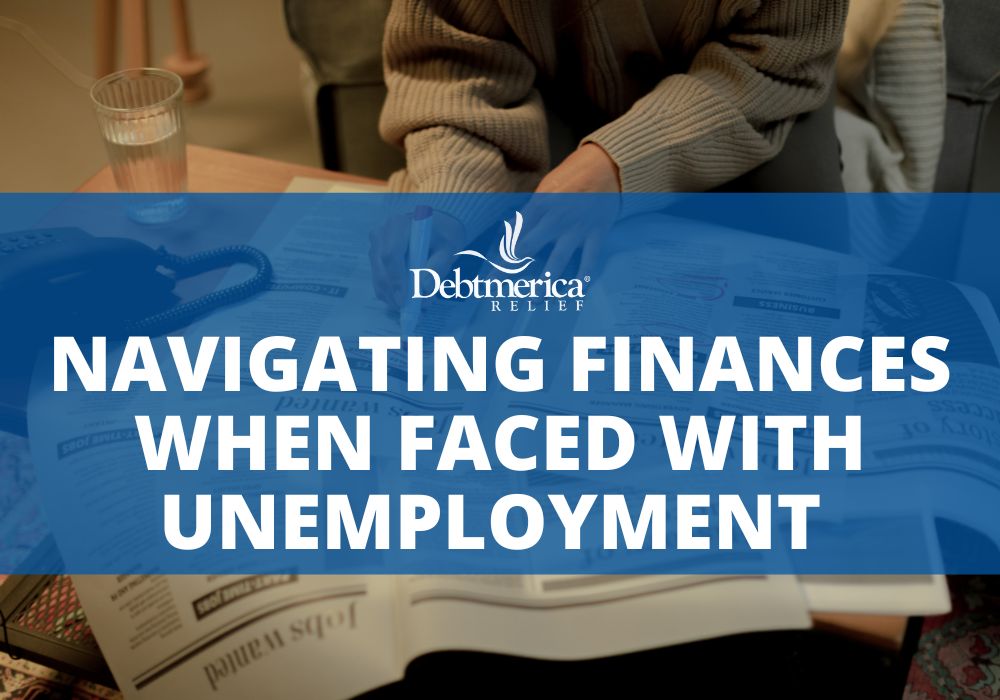How to Stay Debt-Free

In today’s world, where easy credit and consumerism often tempt individuals into accumulating debt, staying debt-free has become a significant financial goal. Whether you’re managing student loans, credit card debt, or mortgages, freeing yourself from debt not only provides peace of mind but also sets you on the path towards financial stability and freedom. Here are some practical strategies to help you stay debt-free and secure your financial future.
Create a Budget and Stick to It
Establishing a comprehensive budget is the cornerstone of financial management. Calculate your monthly income and allocate specific amounts to essential expenses such as housing, utilities, groceries, transportation, and savings. Be diligent about tracking your spending and avoid unnecessary purchases that can lead to debt accumulation. Some popular budget methods include:
- Zero-Based Budget: With a zero-based budget, every dollar gets assigned to a category, from rent to car payments to savings.
- 50/30/20 Budget: This budget method requires putting 50% of your income to necessities, 30% to discretionary expenses and 20% to savings and debt.
- Envelope System: Set a spending limit for each expense category (groceries, gas, rent, etc.). Then put this exact amount of cash into that category’s envelope. If the envelope becomes empty, you cannot spend more on that category for that pay period, unless you’re willing to transfer money from another envelope. This method might be useful for those who need to physically see and feel money leave their grasp.
Remember that creating your budget is the easy part. Sticking to it is the truly difficult task at hand. That said, be sure to choose a budget method that works for you.
Live Below Your Means
For some of us, reaching the point of zero debt means a fresh start and plenty of wiggle room to accumulate new debt. For example, someone might finish paying off their auto loan and see this as an opportunity to upgrade to a newer model even though their current vehicle is perfectly sufficient. Adopting a lifestyle where your expenses are consistently lower than your income is crucial for avoiding debt. Resist the temptation to keep up with the Joneses and prioritize long-term financial security over short-term gratification. Look for ways to cut costs, such as cooking meals at home, opting for affordable entertainment options, and minimizing discretionary spending.
Build an Emergency Fund
Establishing an emergency fund serves as a financial safety net, protecting you from unexpected expenses or income disruptions. If you prioritized paying off debt before building your savings, it’s time to focus on that goal. Aim to save at least three to six months’ worth of living expenses in a readily accessible account. Having this buffer can prevent you from relying on credit cards or loans during times of financial hardship.
Avoid High-Interest Debt
While some forms of debt, such as mortgages or low-interest student loans, may be necessary, it’s essential to steer clear of high-interest debt like credit card balances. If you do carry credit card debt, prioritize paying it off aggressively to avoid accumulating interest charges over time. Consider consolidating high-interest debts into lower-rate options, such as personal loans or balance transfer credit cards, to reduce interest costs. We all know how easy it is to accumulate debt, especially with higher interest rates lately.
Set New Financial Goals
Paying off your debt is a wonderful feeling. If you accomplish this, you know that having clear financial goals can motivate you to make smart financial decisions and stay on track towards debt freedom. Whether it’s saving for a down payment on a home, funding your children’s education, or retiring comfortably, identify your priorities and create a roadmap for achieving them. Break down your goals into smaller, actionable steps and celebrate your progress along the way.
Seek Professional Advice if Needed
Remember that financial freedom is attainable with patience, perseverance, and a willingness to prioritize long-term financial well-being over short-term desires. If you’re struggling with debt or managing your finances effectively, don’t hesitate to seek help from financial professionals. Certified financial planners or credit counselors can provide personalized guidance and strategies to help you overcome financial challenges and achieve your goals. They can also assist you in developing a debt repayment plan, negotiating with creditors, or exploring debt consolidation options. Debtmerica Relief has over 16 years of experience in providing relief to our clients whose financial burdens have become too much to handle.
If you need help with debt, contact us for a free consultation.



